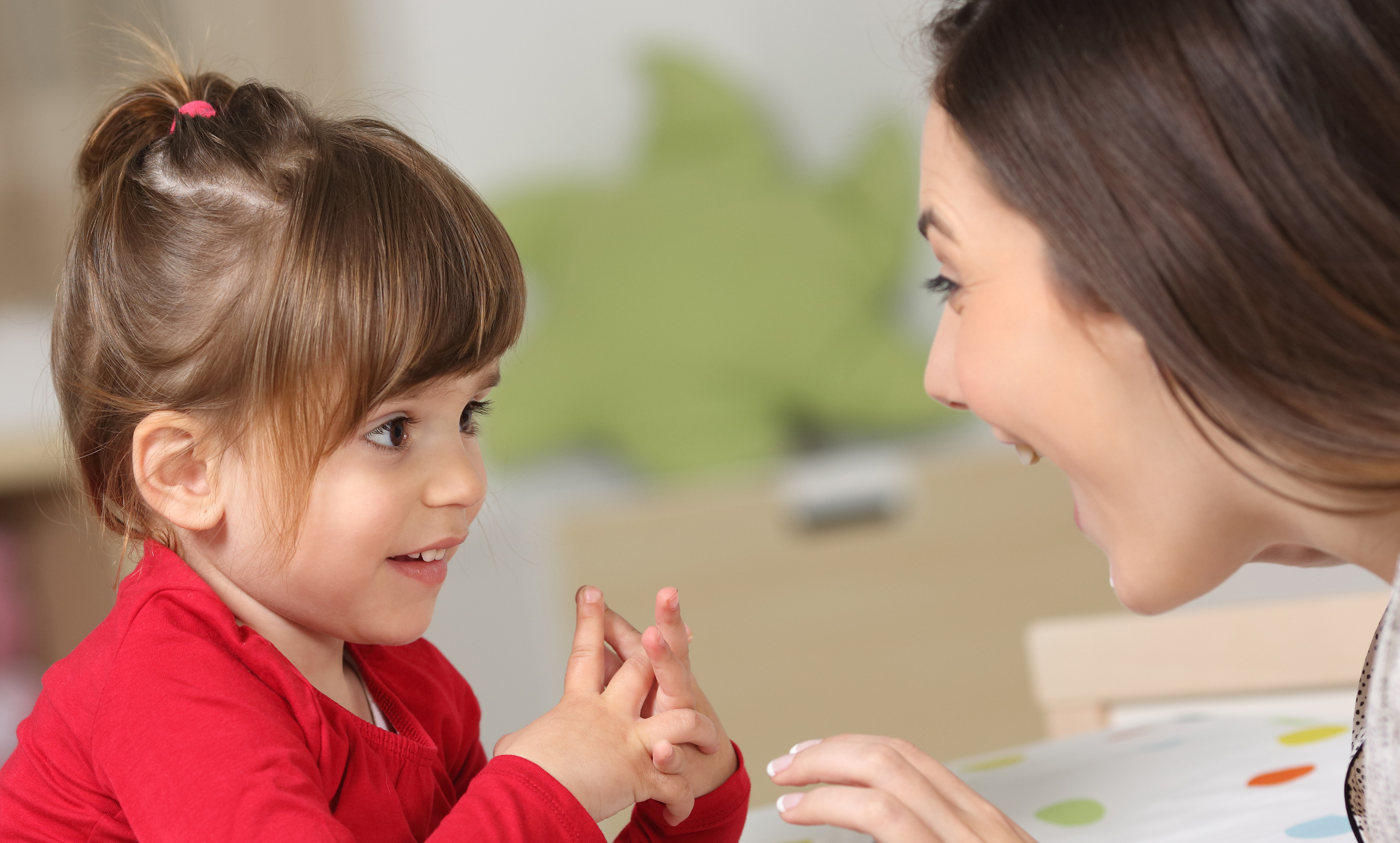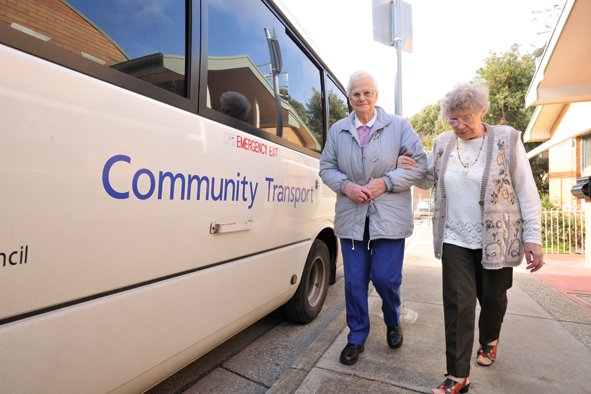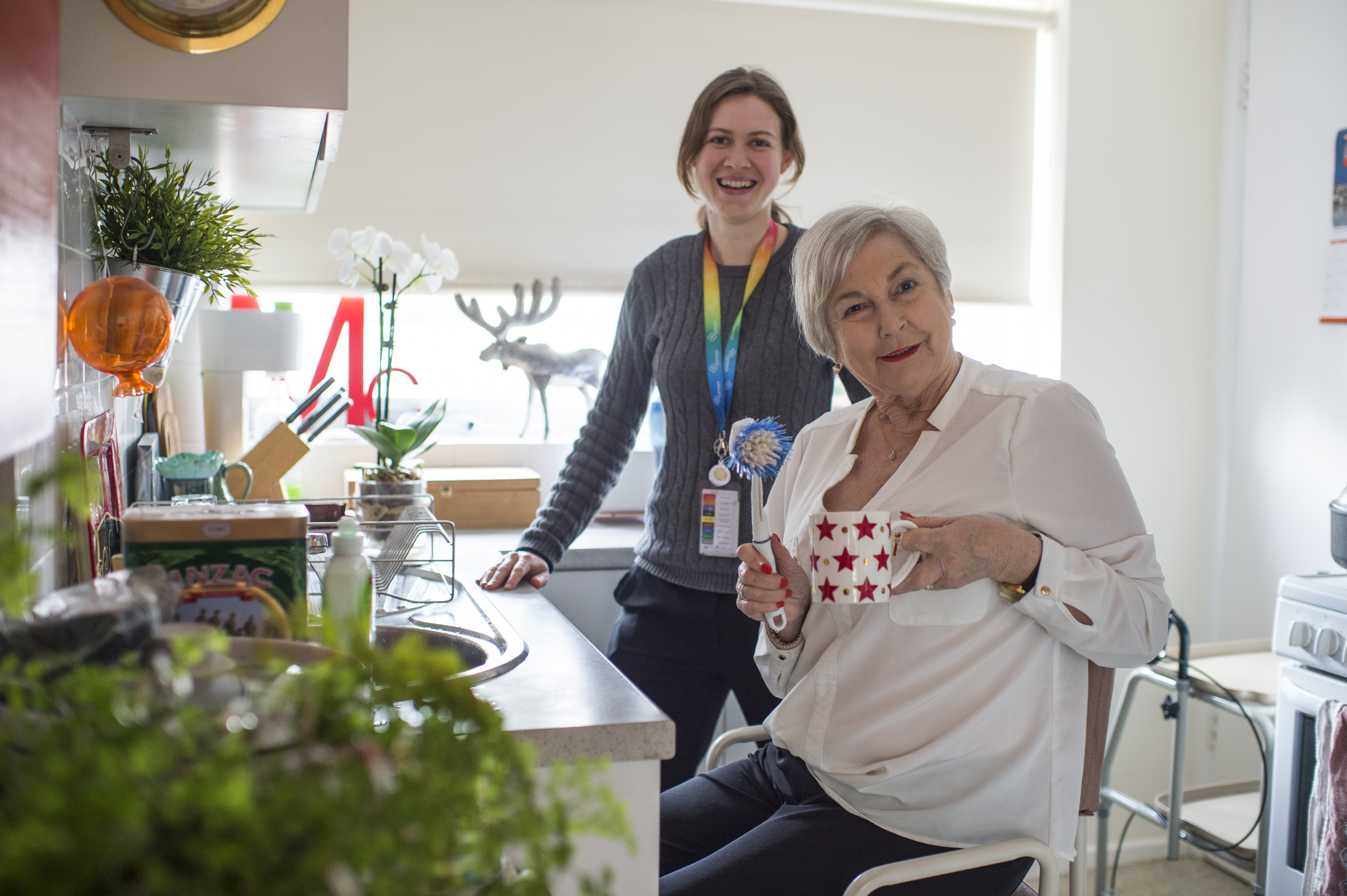Select from the following services

Being able to have an open conversation with your teenager about drugs and alcohol can help them make smarter choices about their health and wellbeing.
But as every parent also knows, having that conversation is rarely that simple...
If you want to talk to your teenager about drugs and alcohol, here are a few ideas to get the conversation started, and keep it going.
1. Listen without prejudice
If your teenager seems open to talking, that’s great. Give your undivided attention and really listen to what your teenager has to say. As parents, we tend to be informed by our own experiences, but try not make assumptions. Tune into your child’s perspective and experiences and try to avoid the temptation to provide solutions or criticise; this could stop your child from problem-solving or shut the conversation down altogether. Instead, be inquisitive and tease out the conversation by asking non-judgmental, open-ended questions.
2. Be informed and be specific
When you do talk about alcohol, medicines and illicit drugs with your child, be specific. Have you got all the facts? Do you know the difference between speed and ice? Do you understand what happens if you overdose or mix drugs? Do you know what the long-term damage can be? Do your research. Hit the internet or attend an event – together with your child if possible.
3. Give your child real-life scenarios
Your teenager will probably know someone who is using drugs and alcohol and may have already dabbled themselves. Discuss what they would do (or have done) if offered alcohol or other drugs. What if a mate had been drinking but offered your teen a lift home? What would your child do if someone overdosed? Let your teenager know that you will always collect them any time, no matter what has happened, and if they are worried they should call you.
4. Be supportive and build confidence
Talking about drugs and alcohol is tough – for you, but even more so for your teen. Let your child know that you’re proud they have opened up, that you love them and trust them. A lack of confidence and self-love can cloud a teen’s decision making skills further.
5. Call in the professionals
If you’re really struggling to talk to your teen about drugs and alcohol, call a professional youth or family counsellor. Sometimes a third party is all you need to turn a toxic conversation into a heartfelt, productive discussion. We also acknowledge that parenting teenagers is an often hard and confusing time for parents and they too might need support. To learn about Connect Health & Community’s youth counselling and support services, click here.
Connect Health & Community offers a range of services to help young people and their parents navigate the raft of issues facing them on a daily basis. To talk to a member of our Family and Youth Support team, call 9575 5333.
Other resources and support services
Youth Support + Advocacy Service (YSAS)
Self Help Addiction Resource Centre (SHARC)
TaskForce
A youth mental health initiative developed with students during Victoria’s lockdowns, is hoped to help reduce the stigma surrounding mental health issues and encourage teens to seek help early.
Read MoreOur Health Promotion team is supporting early learning centers through the Achievement Program, an initiative that helps services create a healthier environment for their students, staff and families.
Read MoreThis Children’s Week, we asked our paediatric team to share some of their favourite activities for kids that embrace the importance of play for a healthy lifestyle.
Read More
Speech pathologists provide assessment and management of communication, swallowing and feeding difficulties.
Read More
We have been offering safe and quality door-to-door transport options to our community since 1975.
Read More
We provide Occupational Therapy to help children, adults and those experiencing mental health issues, to achieve their full potential.
Read MoreSelect from the following services